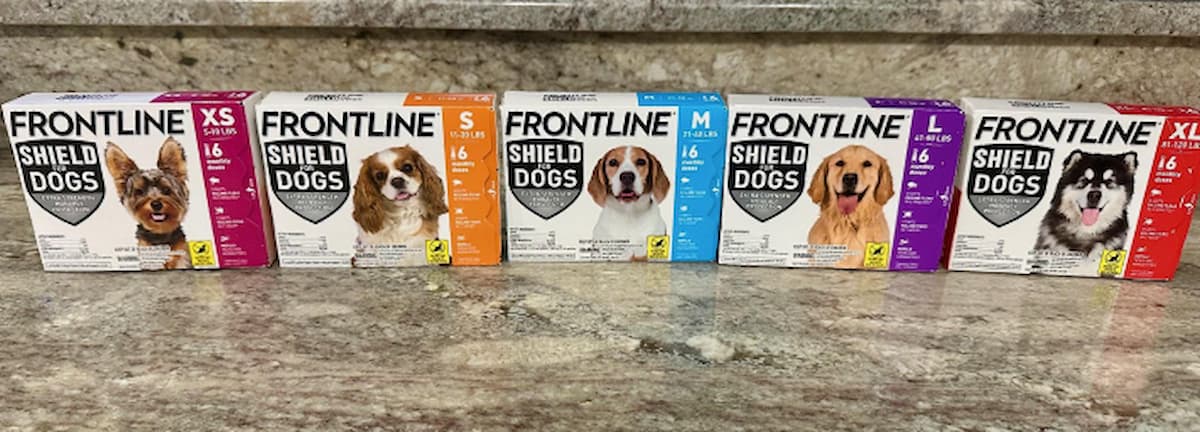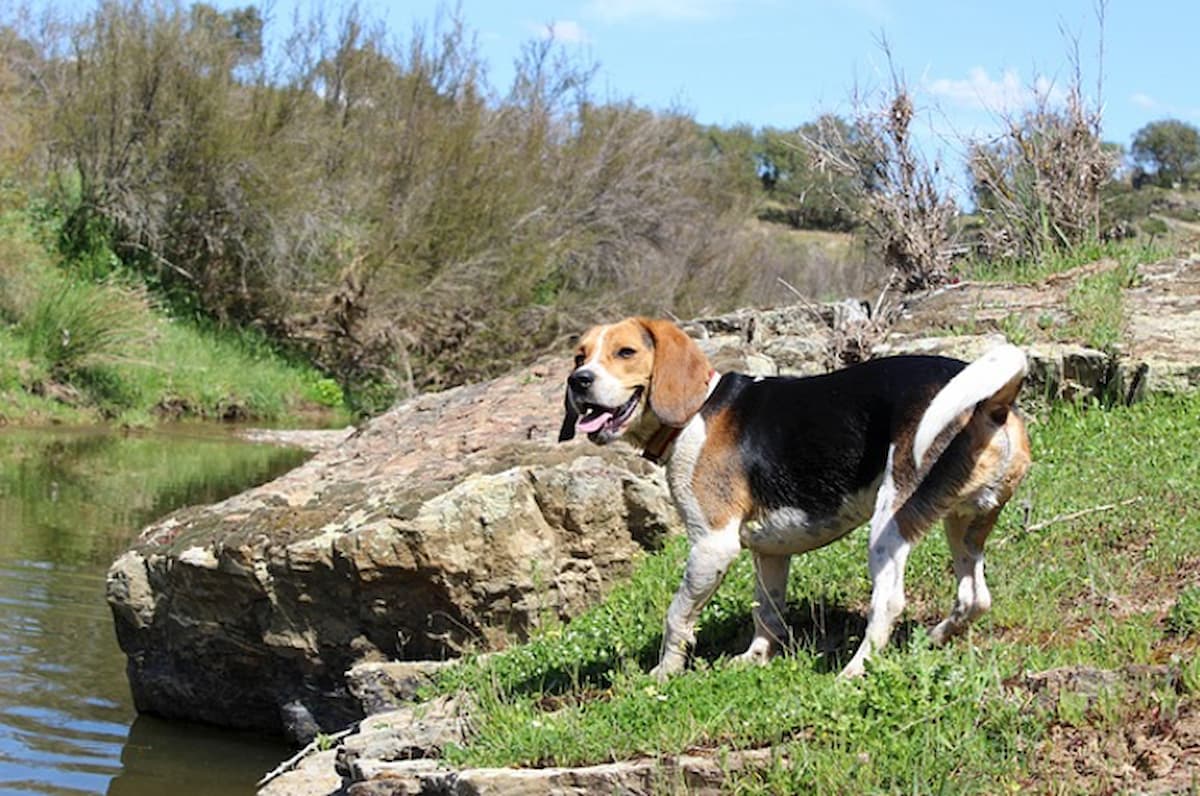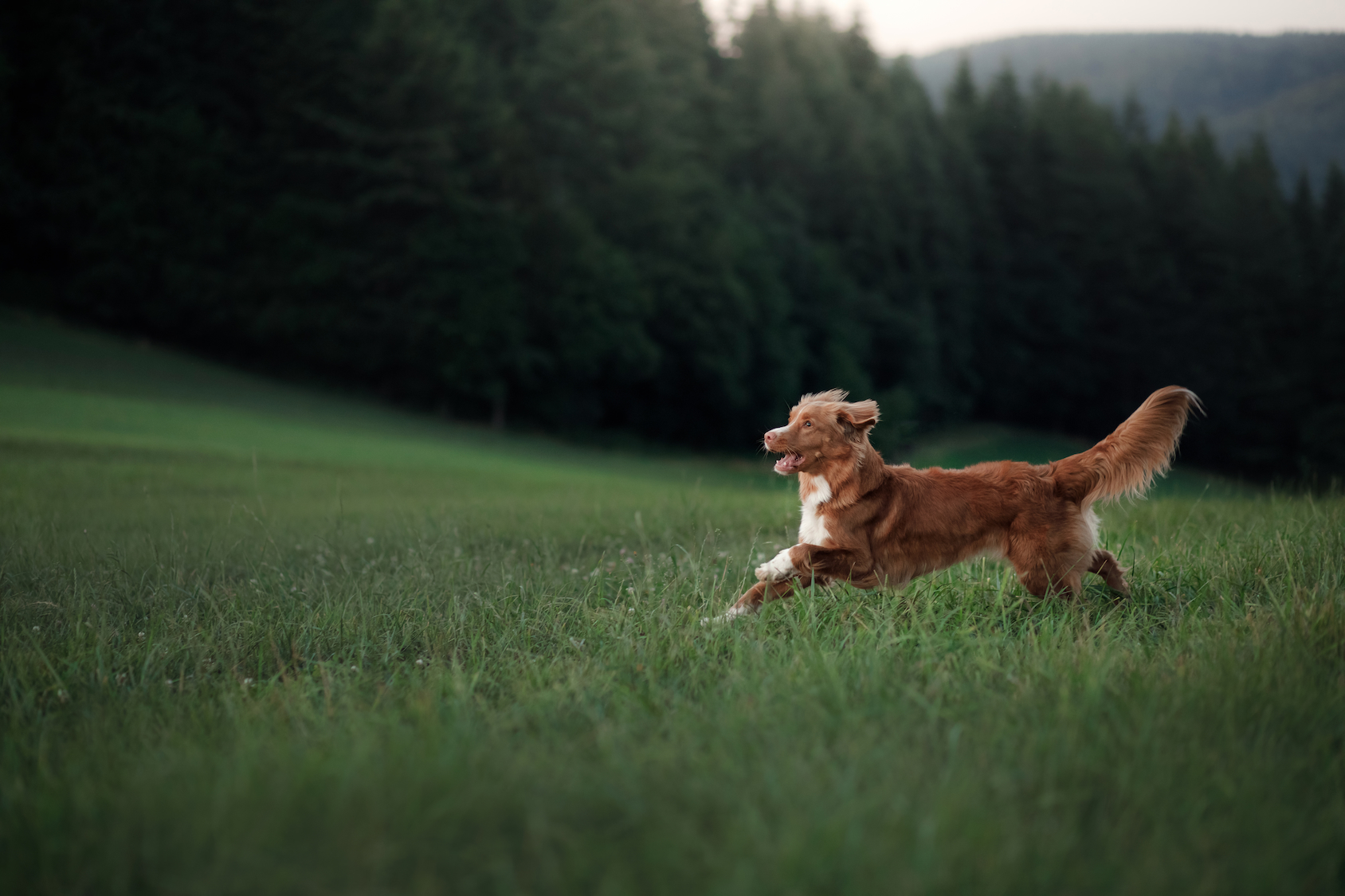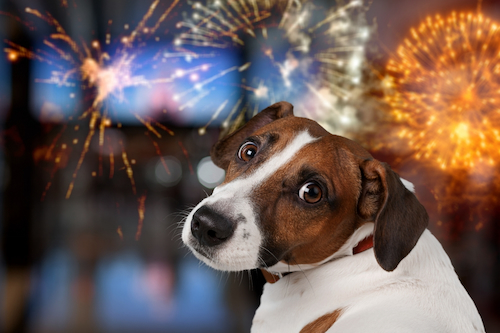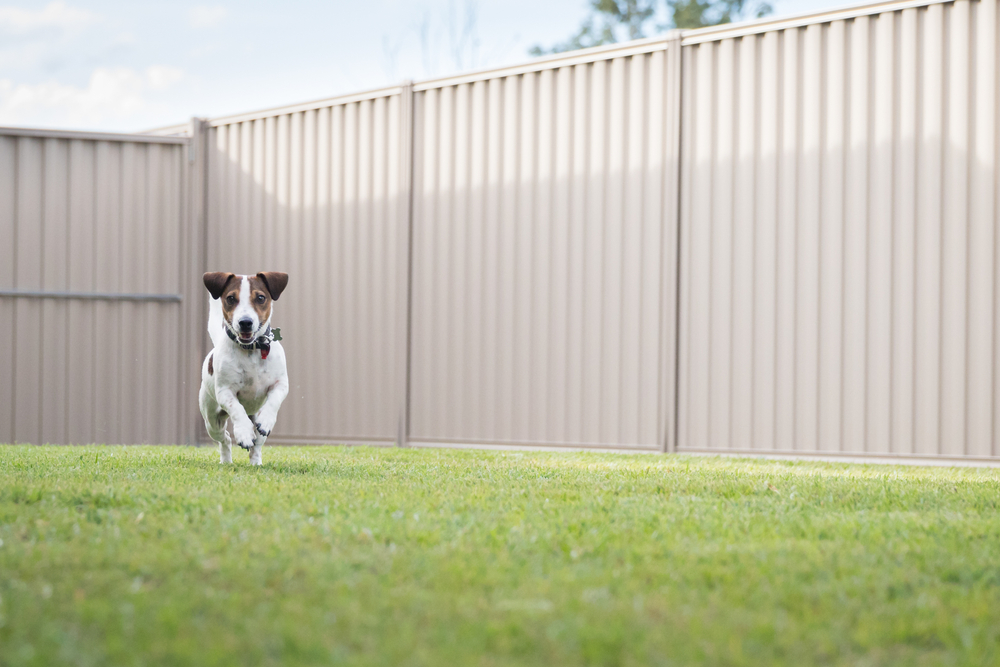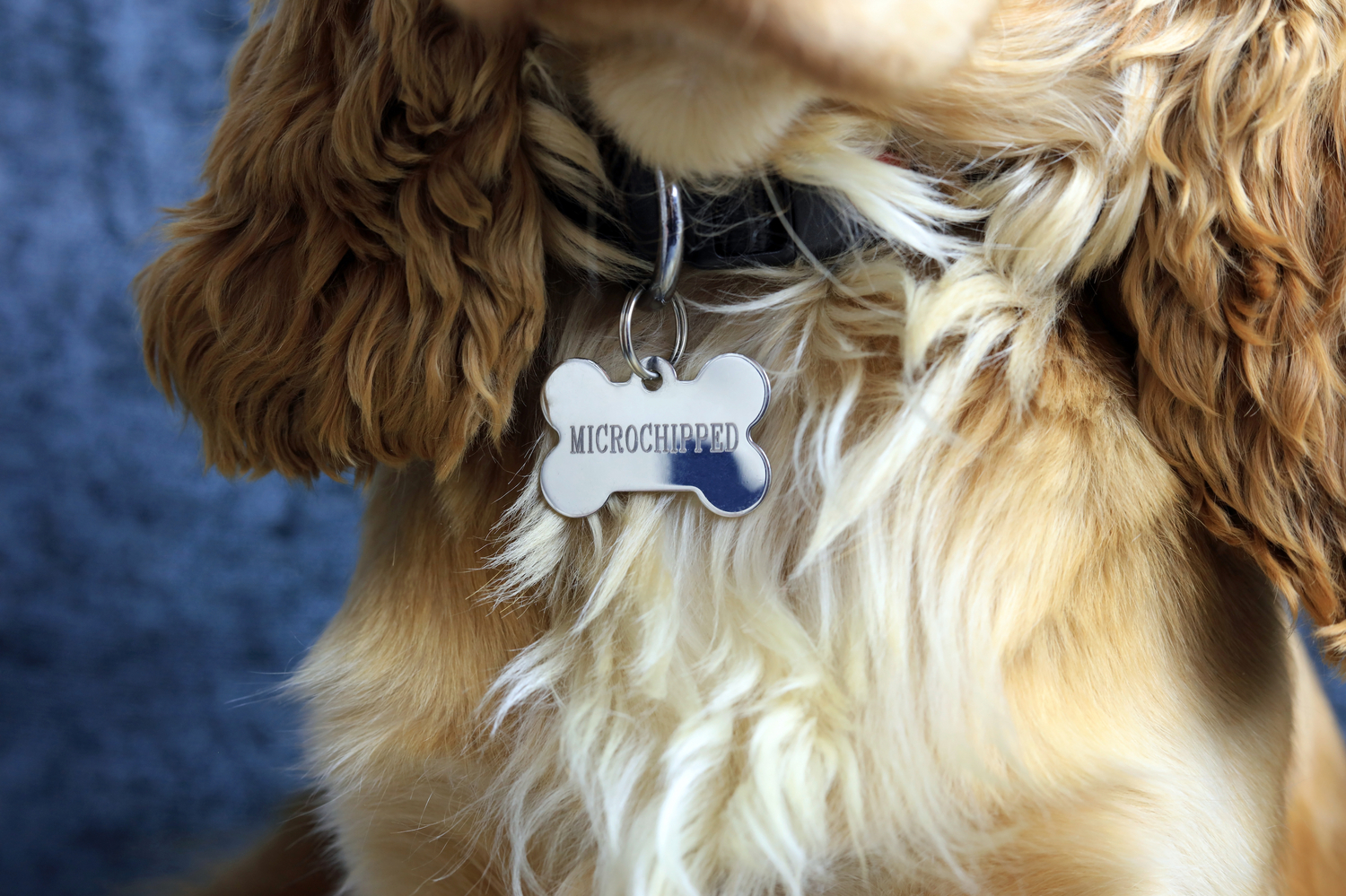Want a Backyard Goat? 10 Things to Consider
Updated on June 27, 2024
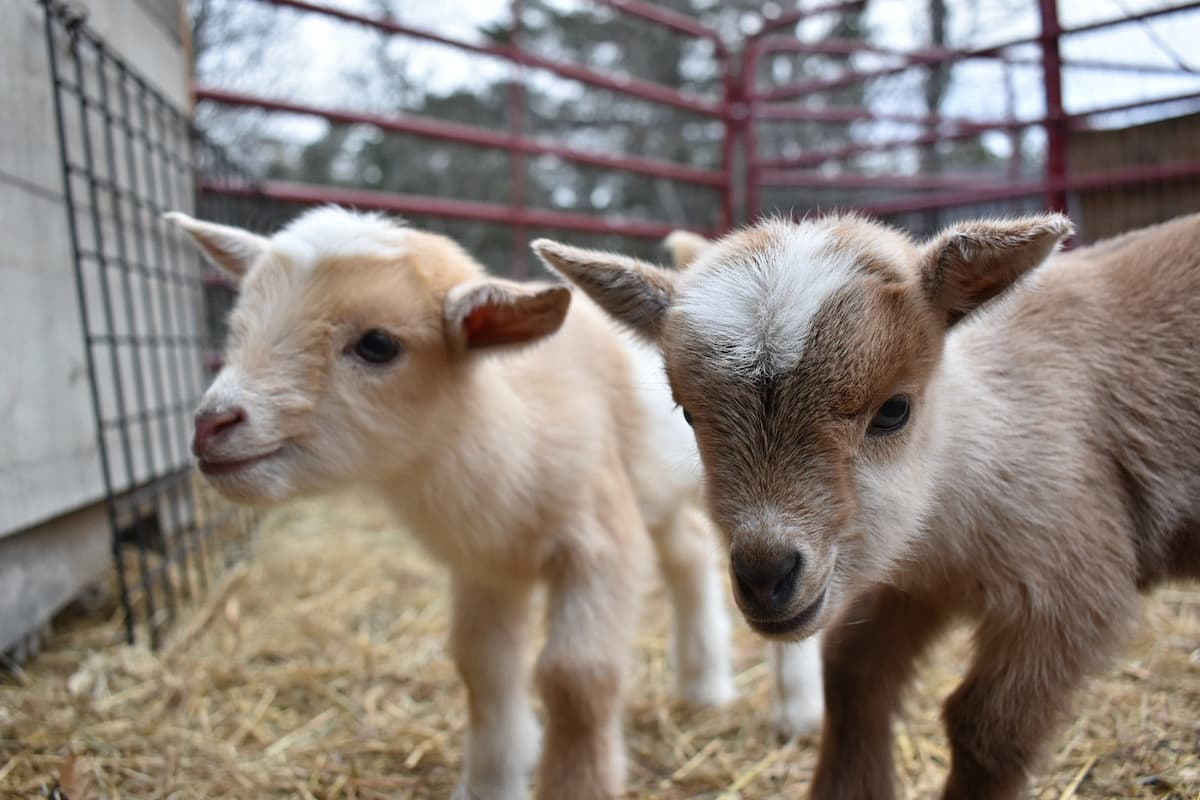
You may have heard the expression, “He really gets my goat!” But what do you get, when you get a goat? People think about getting a backyard goat for lots of reasons: for milk, entertainment and companionship, or even for help in keeping some of the weeds trimmed.
All featured products are chosen at the discretion of the Vetstreet editorial team and do not reflect a direct endorsement by the author. However, Vetstreet may make a small affiliate commission if you click through and make a purchase.
Get Your Yard Ready For Your Backyard Goat
But before you consider getting a goat, knowing how to keep them healthy and happy is essential.
Before bringing a goat home, we’ll review what you need to know in the next section.
In terms of supplies and basics, here’s a list of items to consider to help get you started.
- Fencing: Goats can be quick escape artists, so have proper goat fencing set up before your goats come home.
- Feed buckets: These will be used to feed your goats and help get them into the pen.
- Water buckets: To keep goats hydrated.
- Hay feeder: Helps prevent parasites from affecting your goats.
- Mineral feeder: Helps goats stay balanced and get the proper minerals.
- Clippers: If you intend to clip goats yourself, have the proper electric clippers designed specifically for goats.
- Rake and Pitchfork: To keep the area clean.
- Collars and leashes: To help control your goats.
- Hoof trimmers: Needed to ensure your goat’s hooves don’t grow too long.
- Weight tape: To help understand how much your goat weighs (for dosing medications, etc.)
- Thermometer: A must-have for your goat’s first aid kit.
As you read through the article, we’ll link out to other supplies to have on hand to take care of your backyard buddy.
What To Know About A Backyard Goat
Here are 10 things you should know:
1. First, Check Local Laws.
Before getting a goat, make sure they are allowed where you live. Check your town’s regulations to ensure goats can be kept within your city’s limits and whether there are any restrictions regarding goat size or weight. Also, be aware many cities regulate how close animals can be housed to dwellings or neighboring properties. Goats also can be very loud so before you adopt or purchase one, make sure your neighbors will be tolerant.
2. Mini vs. Standard.
There are two sizes of goats, miniature and standard-size breeds. Standard-size breeds, such as the Nubian or Alpine, weigh between 100 and 200 lbs. or more. Mini-goats, such as the pygmy and Nigerian dwarf, tend to be more popular in urban areas because of the many local restrictions on goat size and weight (these smaller breeds tend to weigh 100 lbs. or less).
If your backyard barnyard is miniature as well, make sure that the tiny “kid” goat or goats you bring home won’t grow up to be bigger than you are expecting (baby goats are called kids, female goats are called does, uncastrated males are called bucks and castrated males are called wethers).
3. Room to Roam.
Goats are active and playful. A miniature goat requires a minimum of approximately 135 square feet of romper room space; a standard goat needs twice that, with the square footage multiplied by the number of goats you have. Goats, whether big or small, need a yard that provides part sun and part shade and is protected from strong winds.
Goats also need an attached and draft-free shed or barn for cover, sleeping and protection from predators and extreme temperatures. Any windows in their enclosure should be higher than the head of the tallest goat when she is standing on her hind feet. If not, the windows should be covered with bars or screens so that a goat can’t poke her head through.
Indoors, a doe and her kids need a 4’ x 9’ stall for comfort. You’ll also need somewhere to safely store their food and somewhere to dispose of their soiled bedding.
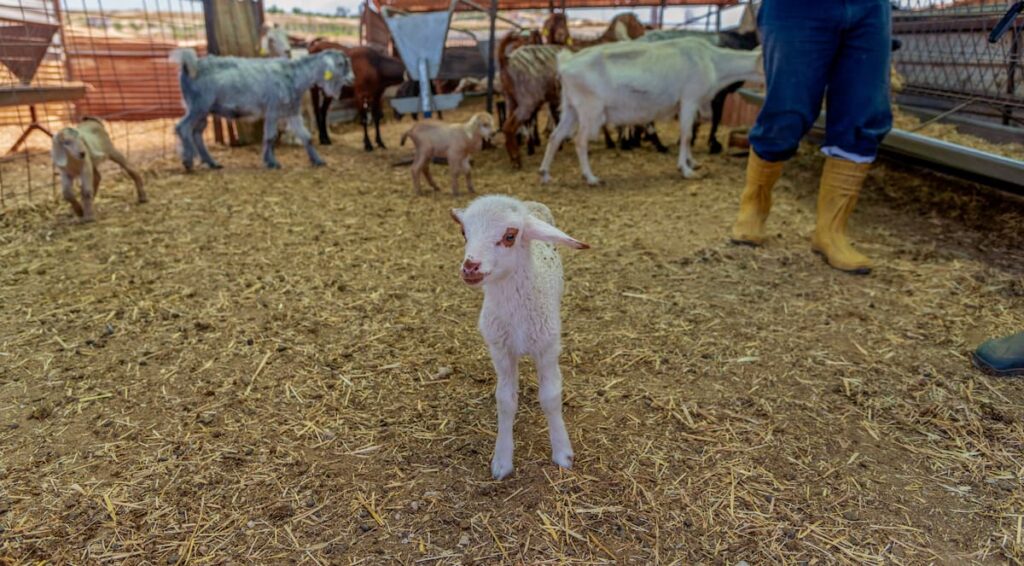
4. Good Fencing is Key.
Goats like to rub on fences, especially when shedding, or try to stick their heads through any openings to eat some delectable item just out of reach. Goats are also clever about getting out of their enclosures. All of this means that goats are hard on fencing.
It needs to be reinforced with strong wood posts sunk deep into the ground and needs to be escape-proof with slats close enough to prevent their heads from slipping through. It also needs to be high enough to keep them in (4’ high for mini-goats; 5’ high for standard).
If you use wire,en sure it is sturdy enough that a goat can’t bend it or push it down to escape. Goats also love to chew wood, so if you have wooden fences, be prepared to replace them every few years.
5. Goats Need Veterinary Care.
Just like dogs, cats and other pets, goats need regular veterinary examinations and vaccinations throughout their lifetimes, which can last for 15 to 18 years. They also should be de-wormed twice a year and have their hooves trimmed approximately every 6 weeks. Goats are also born with horns, which should be removed (a process called disbudding) by a veterinarian when they are only a few days old to minimize the trauma of the procedure.
Their horns need to be removed so that they don’t injure themselves, a person or another animal. Additionally, if you do not intend to breed a baby male goat, he will need to be castrated. This is also best performed by your veterinarian when the kid is very young.
Most veterinarians who treat farm animals can perform these procedures, so if you live in an urban area, be prepared to look farther afield for a goat-savvy veterinarian or ask your small animal veterinarian if he or she refers to a colleague who treats backyard goats. Regional goat enthusiast clubs or breed registries are also good sources of referrals.
6. Goats are Fussy Eaters.
Contrary to what most people think, goats won’t eat everything. They don’t like to eat food if it has fallen on the floor or been soiled so all food must be fed off the ground in a manger.
Goats are mostly browsers, but most people don’t have enough foliage in their backyards to feed a goat its entire diet and must supplement with hay, grains, greens — and plenty of fresh water. Goats will eat most plants in your yard — grass, weeds, shrubs, trees, flowers — but they eat in patches, so they won’t keep your grass neatly mowed or your hedges cleanly manicured if that’s what you’re hoping.
Be sure, if you are going to house goats on your property, to keep them separate from your prize roses and be aware that many ornamental shrubs, such as azaleas, rhododendron, mountain laurel and ferns, are toxic to goats. Keep your goats away from these plants if you have them and be sure to talk to your veterinarian to find out what other plants you need to be concerned about in your yard or area.
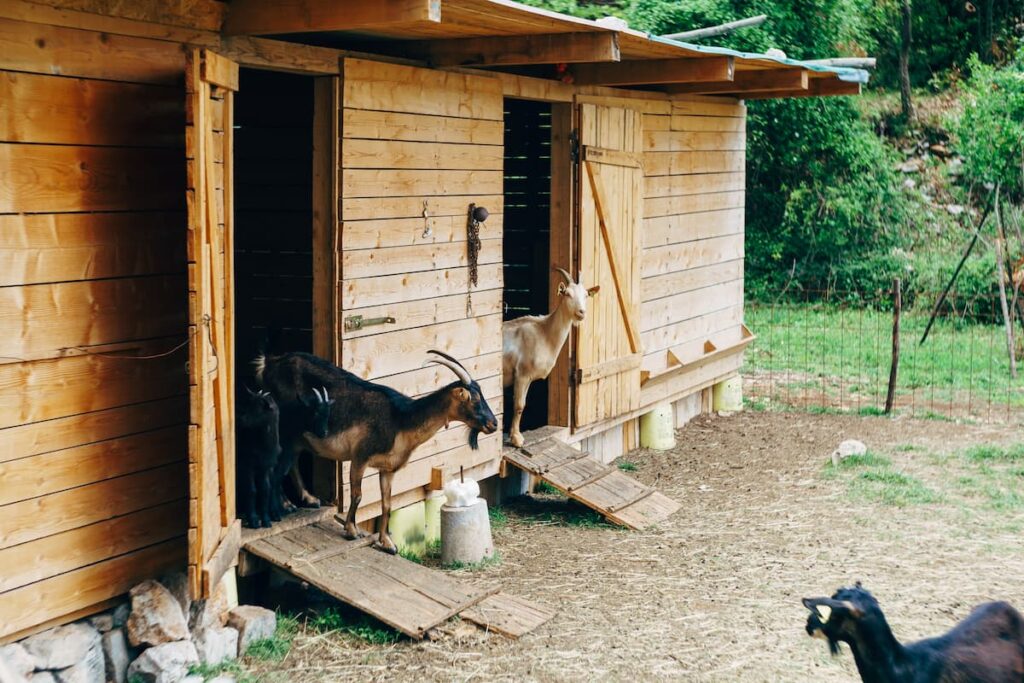
7. Goats are Social and Affectionate.
A lonely goat is an unhappy goat. They are herd animals that are generally most happy when in the company of other goats, so it’s best to have more than one. Generally, does can be housed together as long as one isn’t overly aggressive. Does can also be housed with wethers.
These entertaining animals also often recognize and bond with their owners. When raised around people, they tend to enjoy being petted, love to hang out with human companions and can easily learn to eat from humans’ hands. Goats are curious, very social, love to nuzzle and may occasionally nibble on clothes. They may also get jealous when their owners favor one goat over another.
8. They are Smart and Independent.
Goats are generally very trainable and clever and can be taught to walk on a lead, carry a pack or even pull a small cart around the yard. All that smarts, though, means that when they see an escape route, especially if it leads to food, they will take it. So goat owners must be sure to stay one step ahead of their goats at all times and keep them safely enclosed.
9. Goats Give Back.
One thing goats are never short of is poop, and goat poop is a great fertilizer. So if you want to fertilize your plants, get some goats and you’ll be set! Goats also make great milk.
But if you want goats’ milk, keep in mind that you will need to keep mating a female goat every year and finding homes for the offspring. So unless you have plenty of room, a milk goat may not be for you.
10. Goats: Lots of Fun, Lots of Work.
The final and most important thing to know about goats is that while they are very cute and can be lots of fun, they require a lot of thought and care to be kept properly. All goats require fresh hay and grain and eat a huge volume of food daily, so be prepared to haul heavy hay bales and bags of pellets to the goat yard often.
All goats require extra, higher-protein grain and require supplemental minerals, especially copper, provided as a loose powder or as a compressed brick salt lick. Consult with a goat-savvy veterinarian on what and how much to feed them and what supplements are required.
Don’t assume feeds or supplements labeled for sheep, horses, etc., are safe for goats. Copper, for example, is toxic to sheep so products for sheep will be copper-deficient. Goats, on the other hand, need some copper, but too much is toxic for them as well.
And all that eating leads to lots of manure production, so manure must be shoveled daily to keep things tidy and to keep flies, rodents and other pests away. Lime or enzymatic products can be used to control urine odors.
Goats are great pets if you are willing to work to keep them. They are a long commitment, but with proper care, you’ll see that if you get your goat, you’ll get a lot!
More on Vetstreet:

